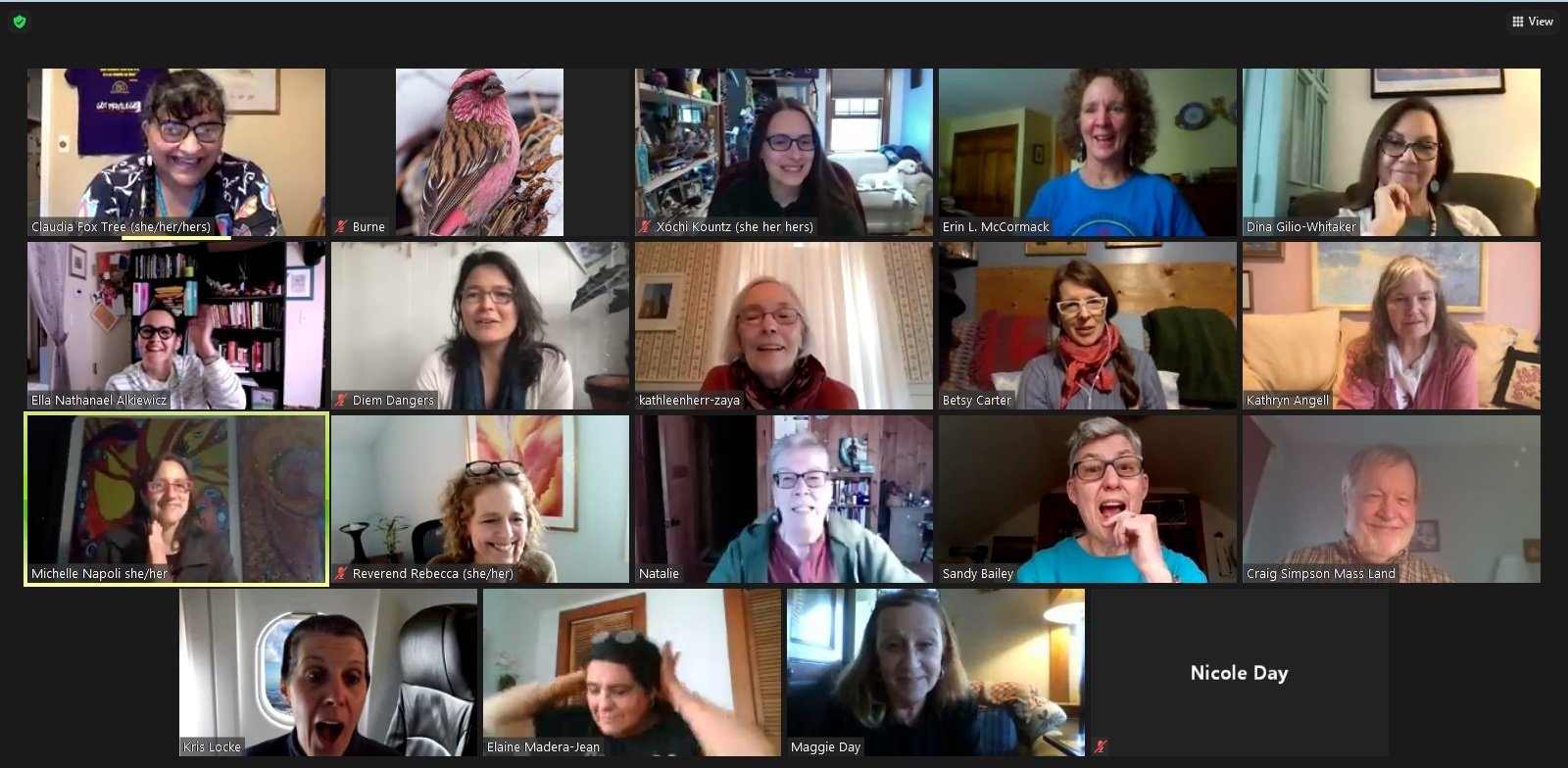Public Education and Awareness Program
The Public Education and Awareness Program is dedicated to fostering understanding and respect for Native American culture, history, and identity. Through this initiative, we host, support, and participate in high-quality workshops, lectures, and panel discussions—offered both in person and virtually—to engage the broader community.
We also maintain an active presence on social media and our website, ensuring that accurate, culturally grounded information is accessible to all. Our programming is designed to challenge and dismantle the myths, stereotypes, and historical inaccuracies that have long been used to suppress and misrepresent Native peoples. Each discussion aims to confront misconceptions and promote deeper awareness of the issues facing Native communities today.
By amplifying Native voices and perspectives, we aim to build a more informed, respectful, and inclusive public dialogue.









Social Justice-Social Change Initiatives
Through our Social Justice–Social Change Initiative, we aim to empower Native Americans to resist oppression by deepening knowledge of our history and raising awareness of present-day issues—including tribal sovereignty, cultural appropriation, restoration of tribal lands, and the protection of sacred places and the environment.
We encourage active engagement in social change efforts across the region, from peaceful demonstrations and marches to grassroots campaigns. By fostering education and collective action, we help strengthen voices, reclaim narratives, and build solidarity in the ongoing pursuit of justice.
Our history of social change
When the late Slow Turtle was at the helm during the 1980's and 90's, we were engaged in supporting Indigenous campaigns such as the White Roots of Peace, Free Leonard Peltier; change the Massachusetts State Seal & Motto, etc. More recently, members have engaged actively in other pressing social change and racial justice issues of the time—from testifying against Native American mascots to standing up against the Dakota Access Pipeline (DAPL); marching and speaking at the annual Walk Against Genocide; rallying against racism and oppression at the National Day of Mourning and during Black Lives Matter rallies as well as rallying for women’s reproductive rights; participating in workshops for 'roots of injustice, seeds of change'; presenting workshops relating to anti-racism topics; campaigning for Missing & Murdered Indigenous Women & Girls, and Idle No More; advocating to change Columbus Day to Indigenous People's Day; advocating more aggressively to change the Mass. state seal & motto; supporting local exhibits such as Doors Unhinged: An Exhibition of Untold Native Women's Stories; preparing statements in support of removing local and national racist statues & monuments; holding virtual panel discussions on local social change initiatives; and other important issues.
Celebrate Indigenous Peoples.
Fight for recognition of Indigenous Peoples’ Day in your city!
Since 2020, the Movement for Black Lives has inspired people to protest and reject racist symbols and institutions. This has led to several positive changes for Native people, including the renaming of the Washington NFL team, exposure of medical racism in Indian Country, and removal of racist monuments. However, Columbus Day remains a widely celebrated holiday in the U.S. that glorifies a false narrative of America’s founding and erases the genocide of Native peoples. Learn how to advocate for the celebration of Indigenous Peoples’ Day with IlumiNative’s Indigenous Peoples’ Day Toolkit.
On the same page, you will also see and be able to download an Indigenous People’s Day Lesson Plan designed for both in-classroom as well as remote learners.
And finally, if you want to be an ally but don’t know where to start, read and utilize the resources on the page.

















